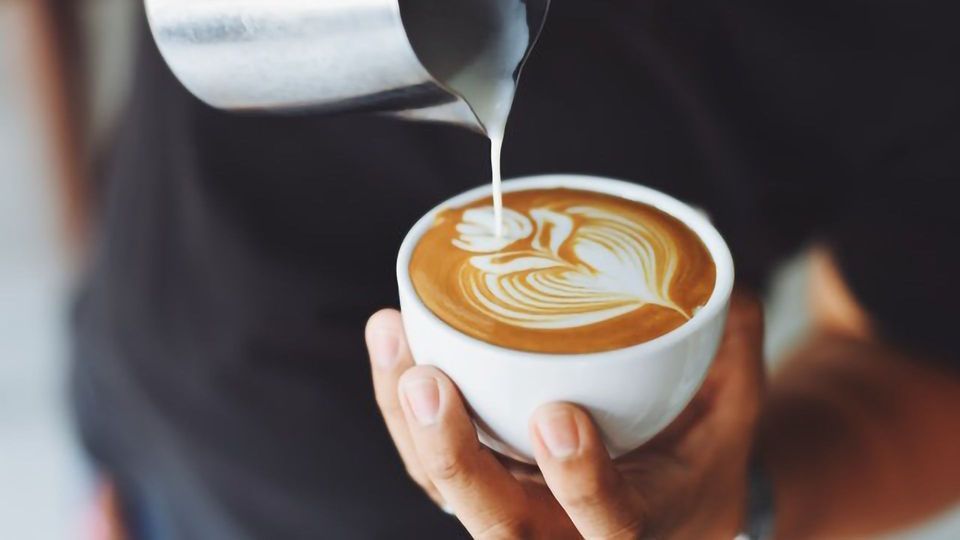Caffeine Can’t Be Counted on To Fight Sleep Deprivation

Complete the form below to unlock access to ALL audio articles.
Rough night of sleep? Relying on caffeine to get you through the day isn't always the answer, says a new study from Michigan State University.
Researchers from MSU's Sleep and Learning Lab, led by psychology associate professor Kimberly Fenn, assessed how effective caffeine was in counteracting the negative effects of sleep deprivation on cognition. As it turns out, caffeine can only get you so far.
The study -- published in the most recent edition of Journal of Experimental Psychology: Learning, Memory, & Cognition -- assessed the impact of caffeine after a night of sleep deprivation. More than 275 participants were asked to complete a simple attention task as well as a more challenging "placekeeping" task that required completion of tasks in a specific order without skipping or repeating steps.
Fenn's study is the first to investigate the effect of caffeine on placekeeping after a period of sleep deprivation.
"We found that sleep deprivation impaired performance on both types of tasks and that having caffeine helped people successfully achieve the easier task. However, it had little effect on performance on the placekeeping task for most participants," Fenn said.
She added: "Caffeine may improve the ability to stay awake and attend to a task, but it doesn't do much to prevent the sort of procedural errors that can cause things like medical mistakes and car accidents."
Insufficient sleep is pervasive in the United States, a problem that has intensified during the pandemic, Fenn said. Consistently lacking adequate sleep not only affects cognition and alters mood, but can eventually take a toll on immunity.
"Caffeine increases energy, reduces sleepiness and can even improve mood, but it absolutely does not replace a full night of sleep, Fenn said. "Although people may feel as if they can combat sleep deprivation with caffeine, their performance on higher-level tasks will likely still be impaired. This is one of the reasons why sleep deprivation can be so dangerous."
Fenn said that the study has the potential to inform both theory and practice.
"If we had found that caffeine significantly reduced procedural errors under conditions of sleep deprivation, this would have broad implications for individuals who must perform high stakes procedures with insufficient sleep, like surgeons, pilots and police officers," Fenn said. "Instead, our findings underscore the importance of prioritizing sleep."
Reference: Stepan ME, Altmann EM, Fenn KM. Caffeine selectively mitigates cognitive deficits caused by sleep deprivation. J Exp Psychol Learn Mem Cogn. 2021. doi: 10.1037/xlm0001023
This article has been republished from the following materials. Note: material may have been edited for length and content. For further information, please contact the cited source.

